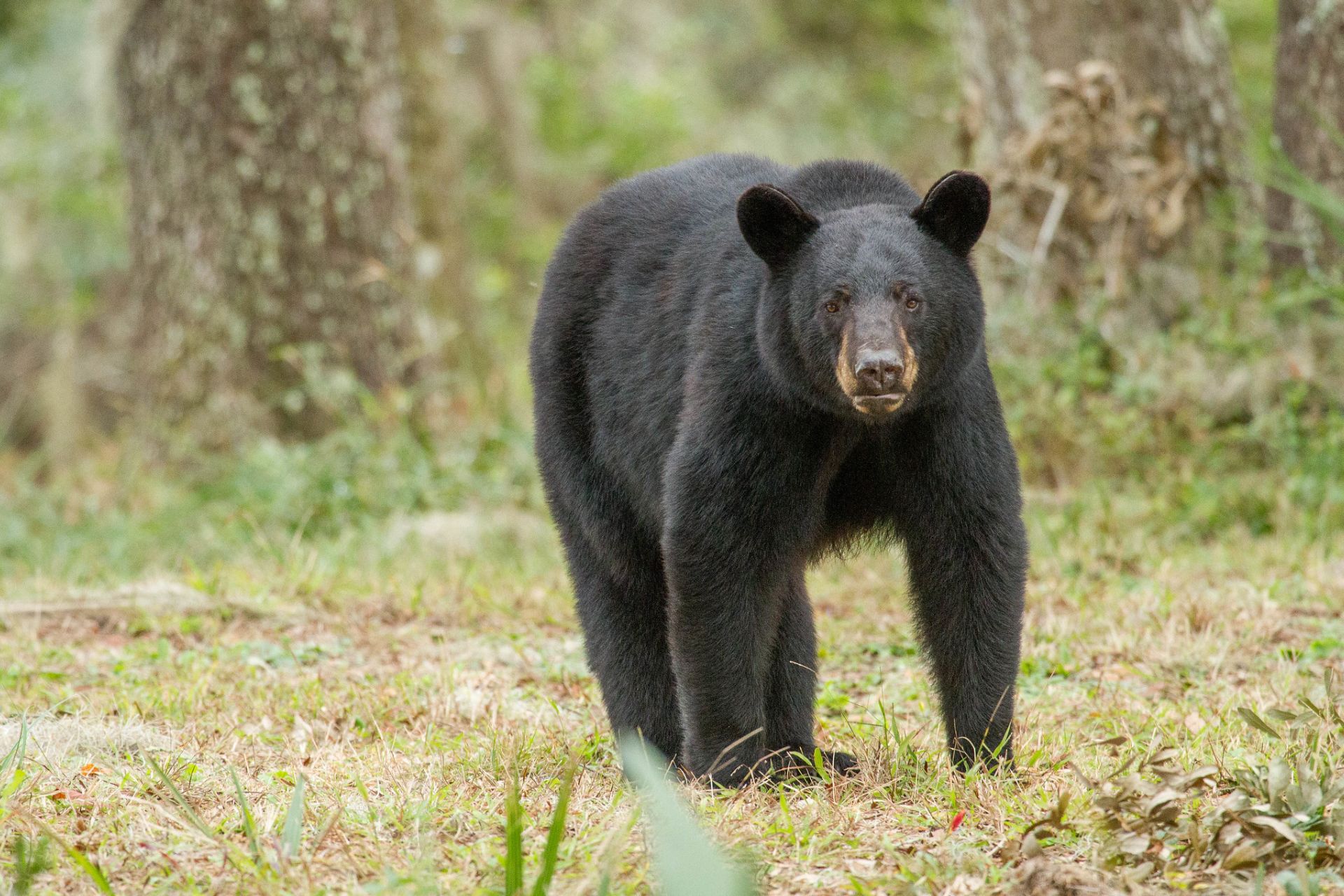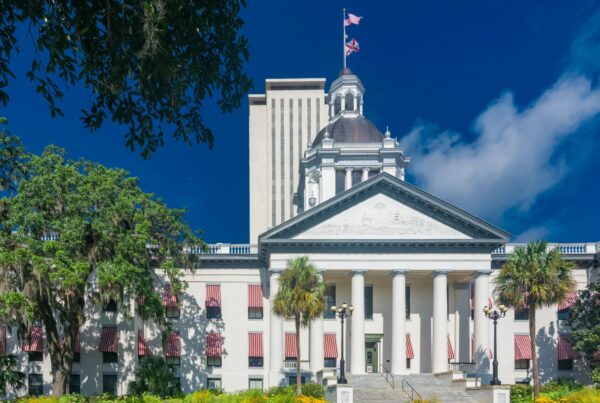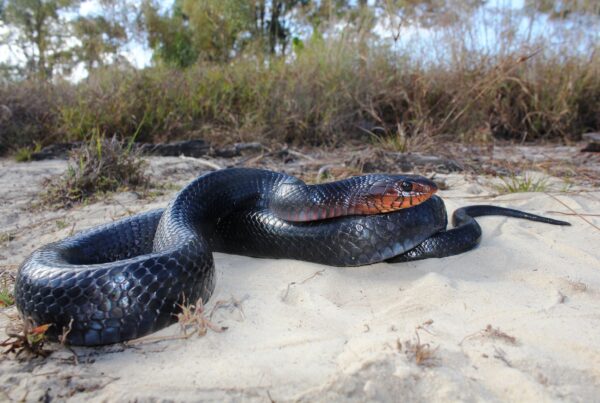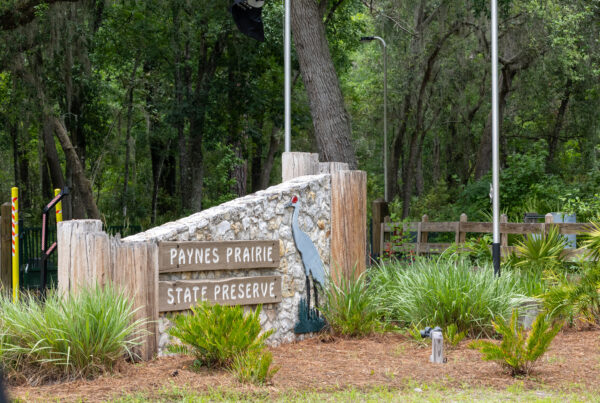At the Florida Wildlife Federation, we are steadfast in our commitment to science-based wildlife management and transparent decision-making. In response to the Florida Fish and Wildlife Conservation Commission’s (FWC) request for staff to present proposals for hunting the Florida black bear during their upcoming meeting in May, we submitted a letter asking key questions about the scientific foundation for such a proposal. Recently, our team met with FWC leadership staff to convey the importance of a scientifically rigorous and transparent approach to bear management and offer the opportunity to address our questions.

Florida black bear. Photo by Jan Stefka
What’s Being Proposed?
In response to the request from FWC Commissioners, their staff is proposing a regulated black bear hunt across several Bear Management Units (BMUs) including the East Panhandle, North Florida, Central Florida, and South regions. According to information released during public meetings led by FWC, the proposed hunt would occur from December 6 to December 28, 2025, with a quota of 187 bears total broken up by BMU. A draft rule has not been published. However, concepts such as dog hunting, the use of agricultural products for baiting, bear hunting zones, and a 24-hour hunter reporting requirement have been presented in both technical and public meetings.
What Are the Goals—and Are They Supported by Science?
We’ve directly asked FWC to clarify the goals and scientific basis for a bear hunt. FWC has stated that a hunt is not biologically necessary but is being proposed to “provide access to the resource and manage the population.” We continue to seek information to ensure the continued conservation success for Florida black bear populations and clear harvest objectives from FWC.
We asked FWC five key questions:
- What is the goal of a bear hunt?
- What is the current estimated bear population and growth rate?
- Will a harvest model be completed prior to the hunt?
- What limitations exist that would prevent up-to-date models?
- What safeguards will prevent overharvesting?
Why This Matters
In 2015, a bear hunt in Florida was halted after just two days when quotas were exceeded. We provided feedback after the 2015 bear hunt, providing suggestions to avoid past mistakes, such as:
- Conducting a biologically-sustainable demographic analysis for each BMU
- Temporarily prohibiting deer feeders on hunting lands
- Supporting outreach and education dedicated to reducing bear-human interactions
- Creating bear sanctuaries
- Increasing habitat connectivity and conservation
The current information shared by FWC indicates that methods such as the use of dogs (starting in 2027) and baiting with agricultural products on private lands would be allowed. In line with our suggestions, a hard tag system to avoid overharvest has been proposed. Still, clarity around harvest objectives and robust data analysis to support them are paramount as draft proposals indicate an annual Florida black bear harvest.
Florida’s black bears are a vital part of our state’s natural heritage. Decisions that impact their future must be guided by science—not expedience.
What you can do
The public has already begun voicing strong opinions, and the Commission plans to consider broad rulemaking changes at their May 21–22 meeting in Ocala. Specific rulemaking could follow at their August 13-14 meeting tentatively planned in Tallahassee.
Written comments can be submitted to the FWC until 5pm on Friday, May 16th. You can submit those comments and find out more about the May meeting below.





